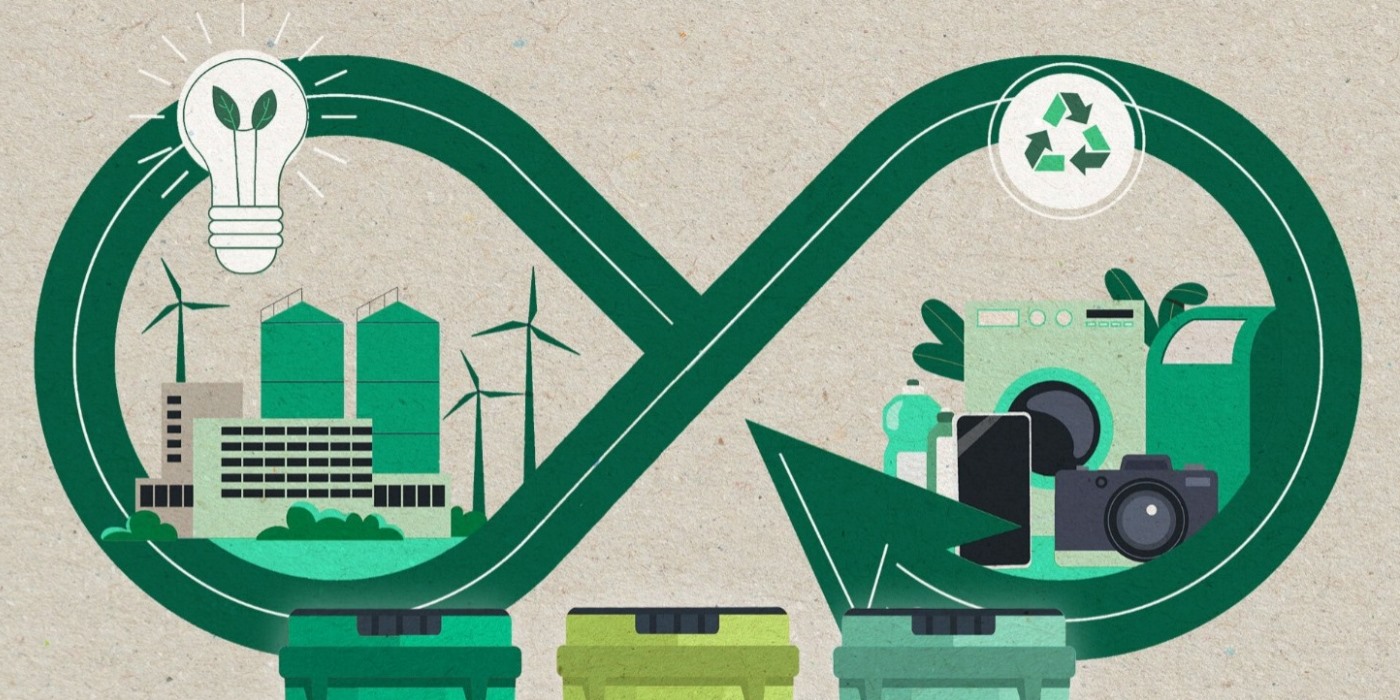Redefining Success: How Sustainability is Leading the Business Revolution

We live in a rapidly evolving marketplace. The definition of success for businesses is undergoing a significant transformation. Gone are the days when profitability was the sole indicator of a company's success. In the current era, sustainability has emerged as a pivotal factor, leading the business revolution with a promise of long-term prosperity and environmental stewardship. This shift reflects a deeper understanding of the intricate relationship between business practices and their impact on the planet.
The traditional business model, which prioritized short-term gains often at the expense of environmental health, is being reconsidered. Companies worldwide are now recognizing that true success is not just measured by the financial bottom line but also by how they contribute to preserving the natural world for future generations. This new paradigm, often referred to as the "triple bottom line," considers environmental, social, and financial aspects equally. It's a holistic approach that integrates sustainability into the core business strategy, rather than treating it as an afterthought or a marketing gimmick.
One of the driving forces behind this shift is consumer demand. Today's consumers are more informed and concerned about the environmental impact of their purchases than ever before. They prefer to patronize businesses that demonstrate a commitment to sustainability, from sourcing eco-friendly materials to implementing energy-efficient production processes. This consumer shift is pushing companies to rethink their operations and products, making sustainability a key competitive advantage.
EXPLORE ALL TRAINING OPPORTUNITIES IN BUSINESS SUSTAINABILITY AND ENERGY
Moreover, technology plays a crucial role in enabling businesses to achieve their sustainability goals. Innovations in renewable energy, recycling, and waste reduction are becoming more accessible and affordable, allowing companies of all sizes to reduce their carbon footprint. Digital tools and data analytics also offer unprecedented opportunities to optimize resource use and improve efficiency, further contributing to sustainable practices.
Financial institutions and investors are also contributing to this revolution. There's a growing recognition that sustainable businesses are not only better for the planet but also offer strong prospects for long-term financial performance. As a result, there's an increasing flow of capital towards companies that prioritize sustainability, from green bonds to sustainability-linked loans. This financial trend underscores the economic viability of sustainable business practices and encourages more companies to embark on this path.
The journey towards sustainability is not without its challenges. It requires a fundamental shift in mindset, culture, and operations. Businesses must be willing to invest in new technologies, rethink their supply chains, and sometimes, accept short-term costs for long-term gains. However, those that are bold enough to embrace this shift are finding that it not only contributes to a healthier planet but also builds brand loyalty, attracts top talent, and opens up new markets.
In conclusion, the redefinition of success to include sustainability is more than a trend; it's a necessary evolution in the face of global environmental challenges. By leading with sustainability, businesses are not only securing their own future but also playing a crucial role in ensuring the well-being of the planet and society. As this revolution continues to gain momentum, it's clear that the businesses of tomorrow will be those that today dare to imagine success as a measure of how well they sustain the world around them.
Share:
Διαβάστε Επίσης
Η αρχαία σοφία από παραδόσεις όπως ο Βουδισμός, ο Ταοϊσμός και ο Ινδουισμός
Ο λόγος για τη λεγόμενη "δραματική ηγεσία", ένα φαινόμενο που εξετάζεται με ιδιαίτερο ενδιαφέρον
 Ελληνικά
Ελληνικά  English
English


